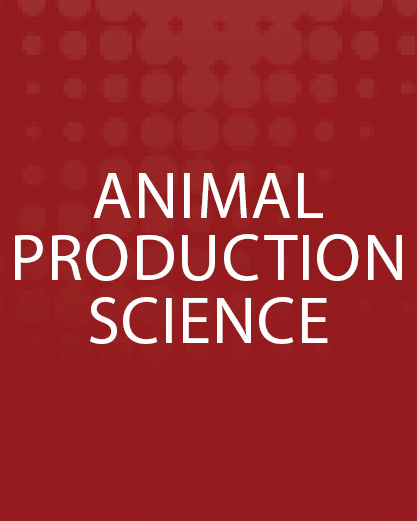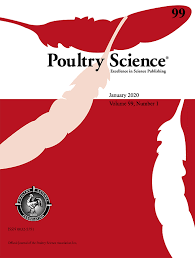Document type: Scientific review published in Animal Production Science
Authors: M. Jordana Rivero, Michael R. F. Lee
Preview: Sustainability is a complex theorem driven through the optimisation of interconnected economic, social and environmental parameters. Balancing trade-offs between these three parameters is used to define a sustainable system, and while economic and, to a degree, environmental parameters can be numericised, making optimisation more defined, social parameters are often more complex. In livestock systems, animal welfare is held as a central pillar of sustainability, but due to its complex nature, indicators of welfare are in practice often restricted to negative nutritional/environmental/health domains (e.g. poor food quality, injuries/diseases) rather than the wider more complex 'behavioural' or 'mental state' domain indicators (e.g. expression of rewarding behaviours). This perspective discusses the potential synergies and trade-offs between animal welfare and economic, societal and environmental pillars of sustainability for grazing ruminant systems. Grazing is often considered more animal welfare-friendly than housed or feedlot type systems, especially in relation to the behavioural and mental state domains (BMSD) within a more 'natural' environment, as it may provide a positive experience to the animal. However, the welfare status of grazing ruminants can differ with factors such as management practices and environmental conditions greatly influencing nutritional/environmental/health domains of welfare, where a more 'controlled environment' can be efficacious. Animals that are not maintained at a good level of welfare will not express their productive potential, although improving welfare standards may lead to higher costs of production and therefore an economic break, as a critical component of sustainability, is often applied to what can be achieved on farm. Increasing animal performance is seen as an effective approach to reducing emissions intensity, which has been borne out by the lower methane intensity of high-yielding dairy housed herds, although there are important ethical concerns regarding BMSD of animal welfare and the marked restriction in environmental choices and in foraging behaviour (negative effect on behavioural interactions). However, consumers need to understand that implementing more 'natural' production systems with higher animal welfare standards can incur extra costs for producers, leading to higher output prices and also higher emissions per unit of product, which will require a reduction in consumption to reduce overall emissions.






